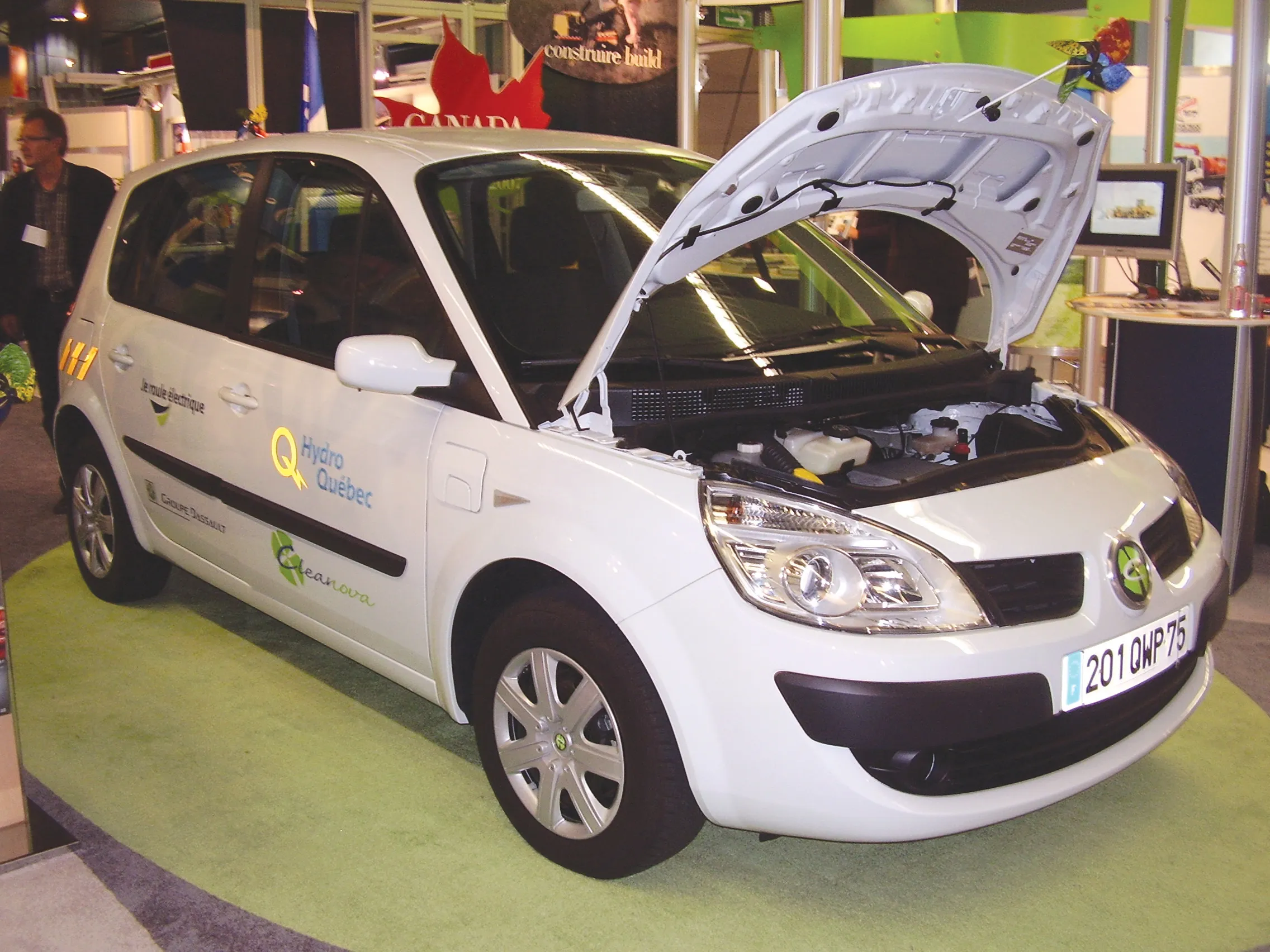With public EV charging infrastructure achieving critical mass in the city of Shenzhen, China, BYD has announced that its five-passenger, long-range, all-electric cross-over vehicle, the BYD e6, will be available for consumer purchases (previously available for fleet purchases). Consumers in Shenzhen will receive a substantial government subsidy — equivalent to about US$18,000 – and the final price to consumers will be around US$38,500.
April 25, 2012
Read time: 2 mins
With public EV charging infrastructure achieving critical mass in the city of Shenzhen, China, 3484 BYD has announced that its five-passenger, long-range, all-electric cross-over vehicle, the BYD e6, will be available for consumer purchases (previously available for fleet purchases). Consumers in Shenzhen will receive a substantial government subsidy — equivalent to about US$18,000 – and the final price to consumers will be around US$38,500.
This is the very first domestic, long-range, all-electric vehicle for sale to consumers in China. BYD e6s are a familiar sight in Shenzhen and have been in operation in government and taxi fleets for nearly 18 months. The Shenzhen taxi fleet, using BYD’s e6 exclusively, have accumulated over accumulated some six million kms and many of the vehicles have clocked up over 160,000kms. BYD estimates that this single-car-mileage is equivalent to over 10 years’ usage for real-world consumers. The company says that the excellent quality and success of the e6 and the stable battery performance have now been recognised by operators and consumers alike in Shenzhen.
Powered by BYD’s independently developed Iron-Phosphate (or ‘FE’) batteries, BYD’s e6 has a driving range of over 300kms, which is claimed to be the longest-driving-range, five-passenger vehicle in its class and nearly double the range of its closest four-seat competitor.
With the launch of the consumer e6, BYD is also deploying some new breakthrough technologies and high-end equipment as standard in this model. This launched e6 will implement the newly developed BYD-I system that allows many vehicle functions to be performed remotely by smartphone and using cloud-data for high-tech driving assistance.
This is the very first domestic, long-range, all-electric vehicle for sale to consumers in China. BYD e6s are a familiar sight in Shenzhen and have been in operation in government and taxi fleets for nearly 18 months. The Shenzhen taxi fleet, using BYD’s e6 exclusively, have accumulated over accumulated some six million kms and many of the vehicles have clocked up over 160,000kms. BYD estimates that this single-car-mileage is equivalent to over 10 years’ usage for real-world consumers. The company says that the excellent quality and success of the e6 and the stable battery performance have now been recognised by operators and consumers alike in Shenzhen.
Powered by BYD’s independently developed Iron-Phosphate (or ‘FE’) batteries, BYD’s e6 has a driving range of over 300kms, which is claimed to be the longest-driving-range, five-passenger vehicle in its class and nearly double the range of its closest four-seat competitor.
With the launch of the consumer e6, BYD is also deploying some new breakthrough technologies and high-end equipment as standard in this model. This launched e6 will implement the newly developed BYD-I system that allows many vehicle functions to be performed remotely by smartphone and using cloud-data for high-tech driving assistance.






